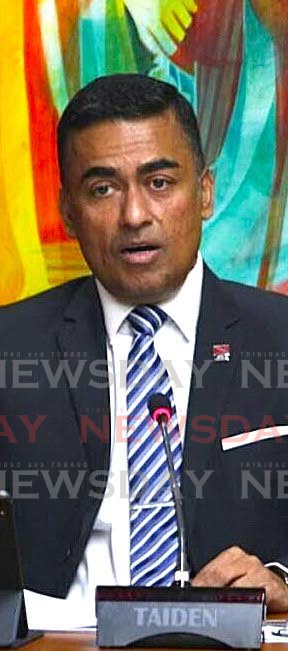Amidst severe financial constraints, the government remains committed to fulfilling its pledge of a ten per cent salary increase for public servants during the 2014-2019 period, as promised during the election campaign. This commitment, however, places the administration in a precarious position, given the current economic challenges of declining revenue, rising debt, and the potential threat of a credit rating downgrade. Finance Minister Davendranath Tancoo is reportedly grappling with the complexities of reconciling this promise with other pressing national priorities, as evidenced by the delayed announcement of the national budget, which is typically presented by early October. The situation is further complicated by the unresolved wage negotiations for the 2020-2022 period, raising questions about whether the Public Services Association (PSA) will accept a similar five per cent increase agreed upon by other unions or push for more. Additionally, the settlement with the PSA could set a precedent for other unions, such as the Oilfields Workers’ Trade Union (OWTU), potentially reigniting industrial unrest if parity is not achieved. The government’s decision to offer the PSA a ten per cent increase is not merely a labour agreement but a move that could significantly impact the broader industrial relations landscape, with other unions likely to demand similar terms. As the government navigates these challenges, the future of its relationship with the labour movement remains uncertain, with potentially significant implications for the country’s economic stability.
